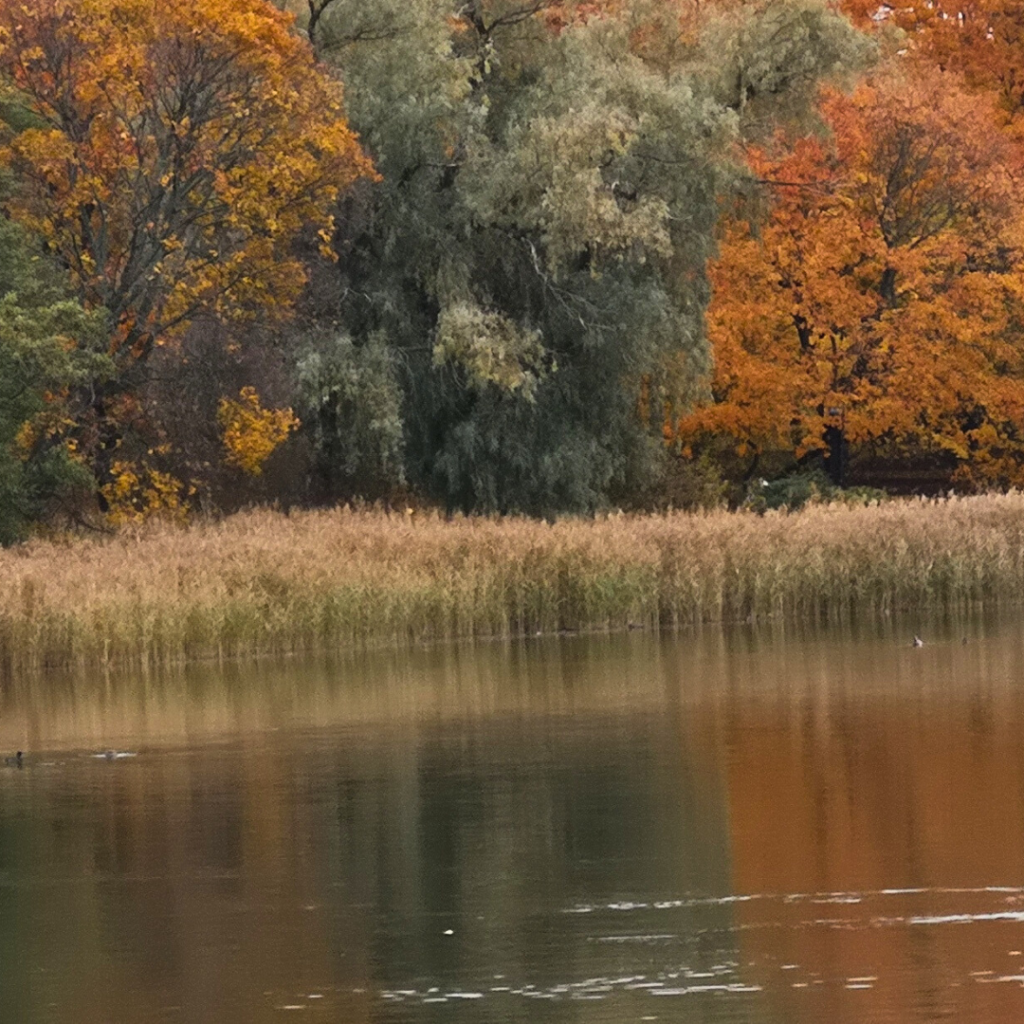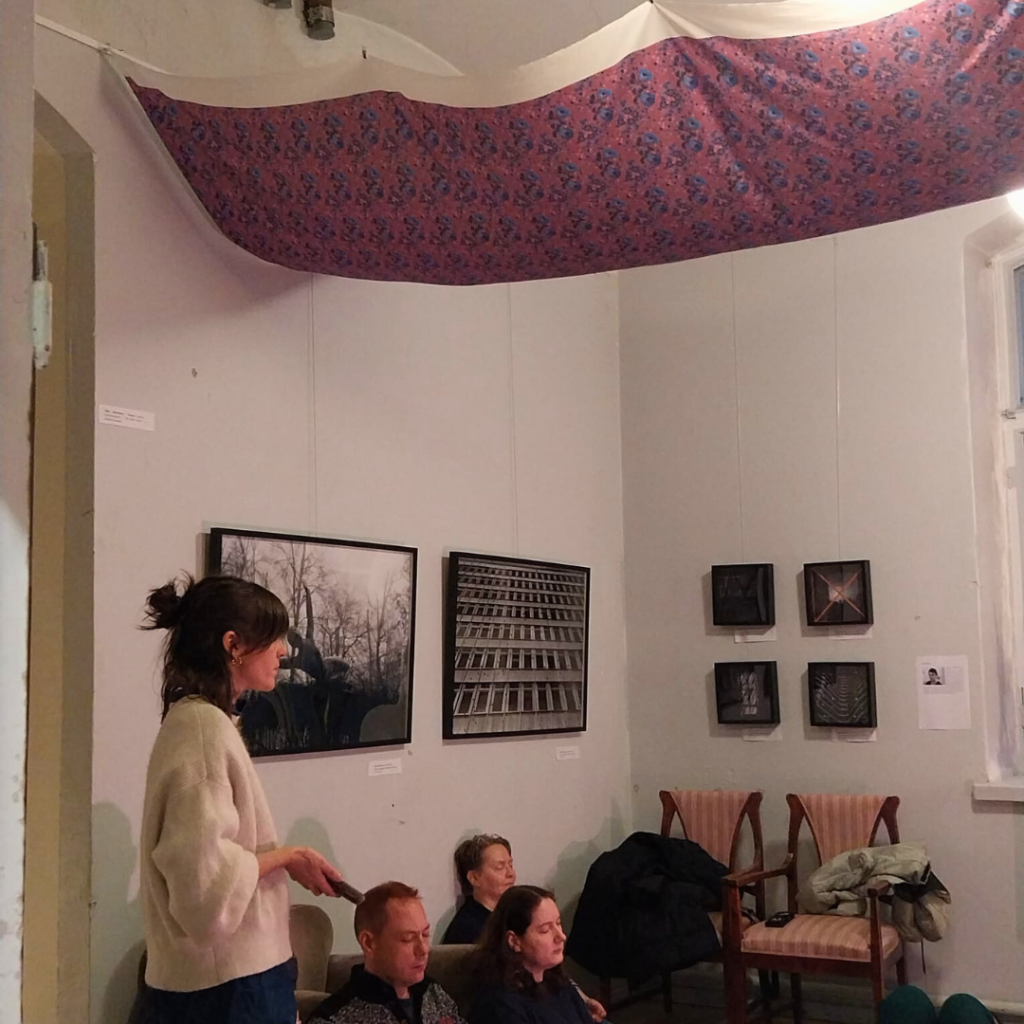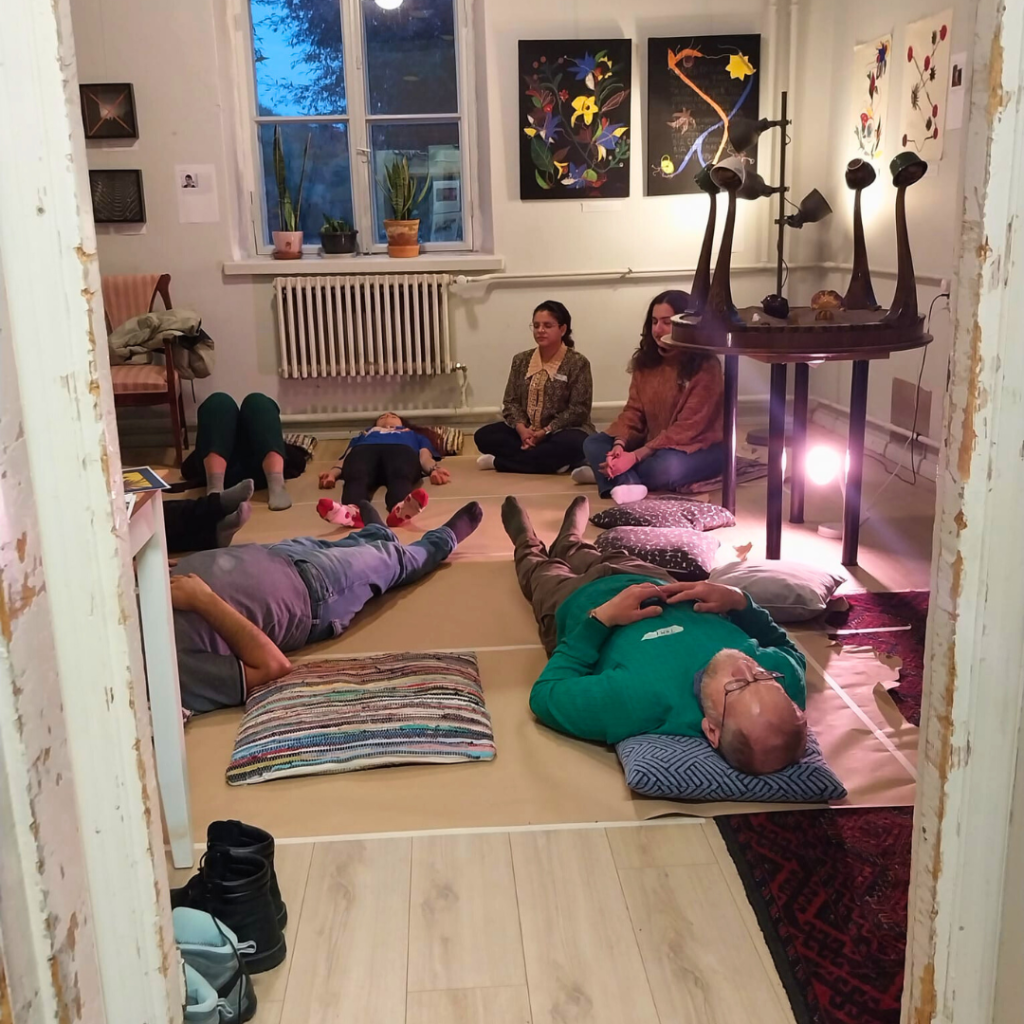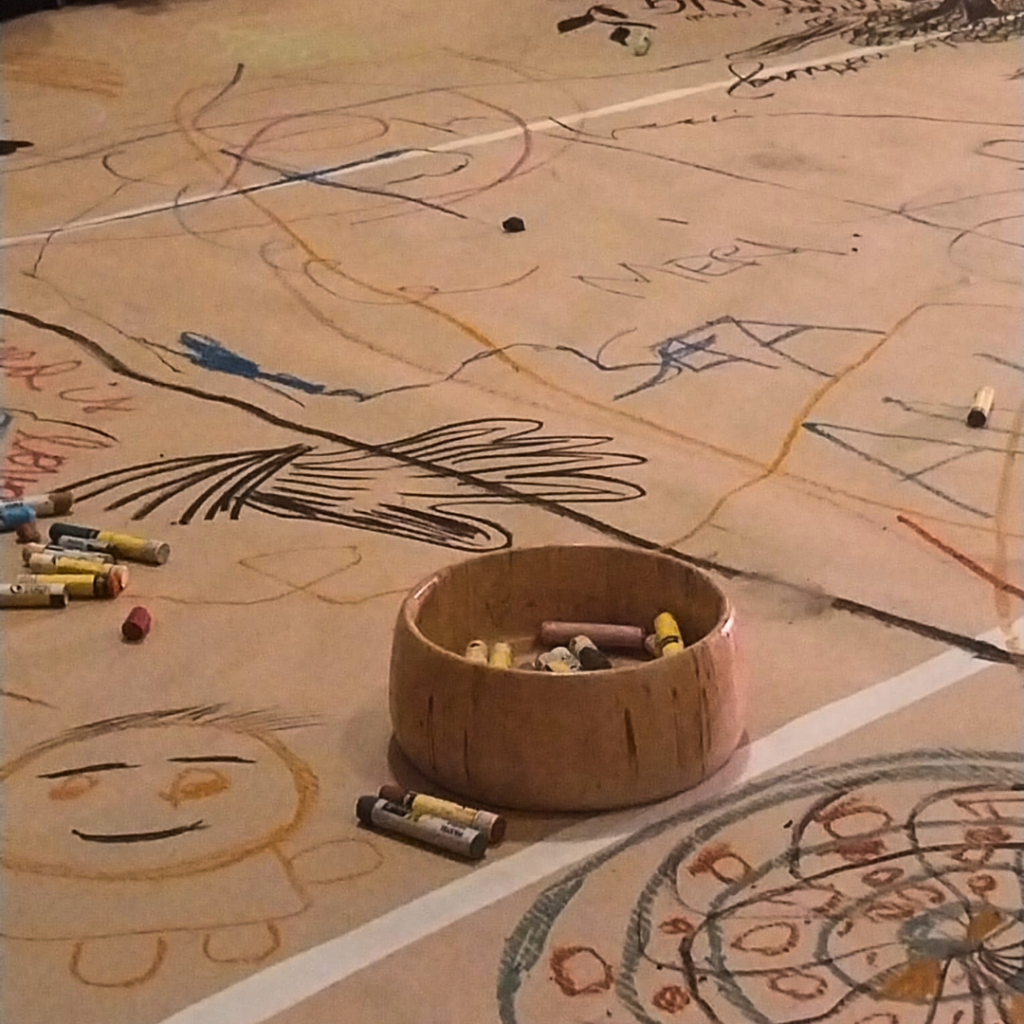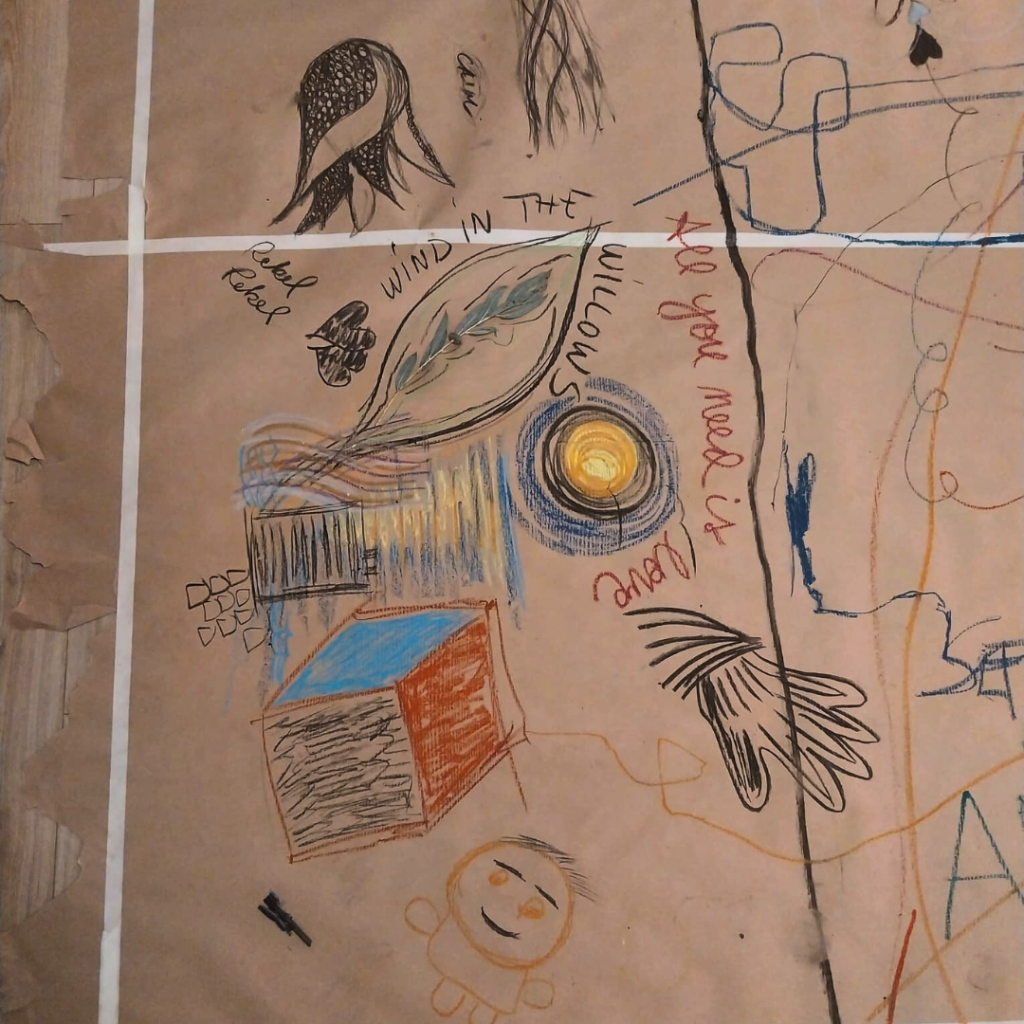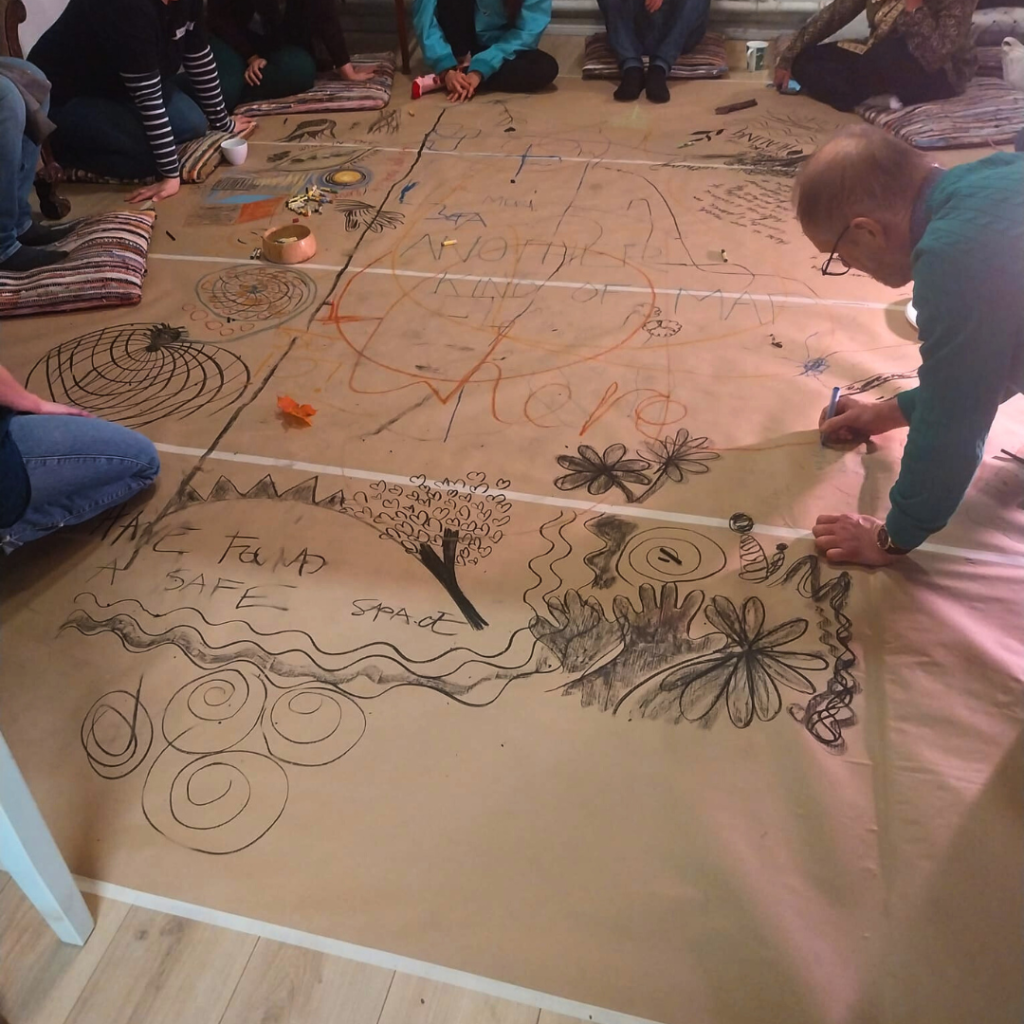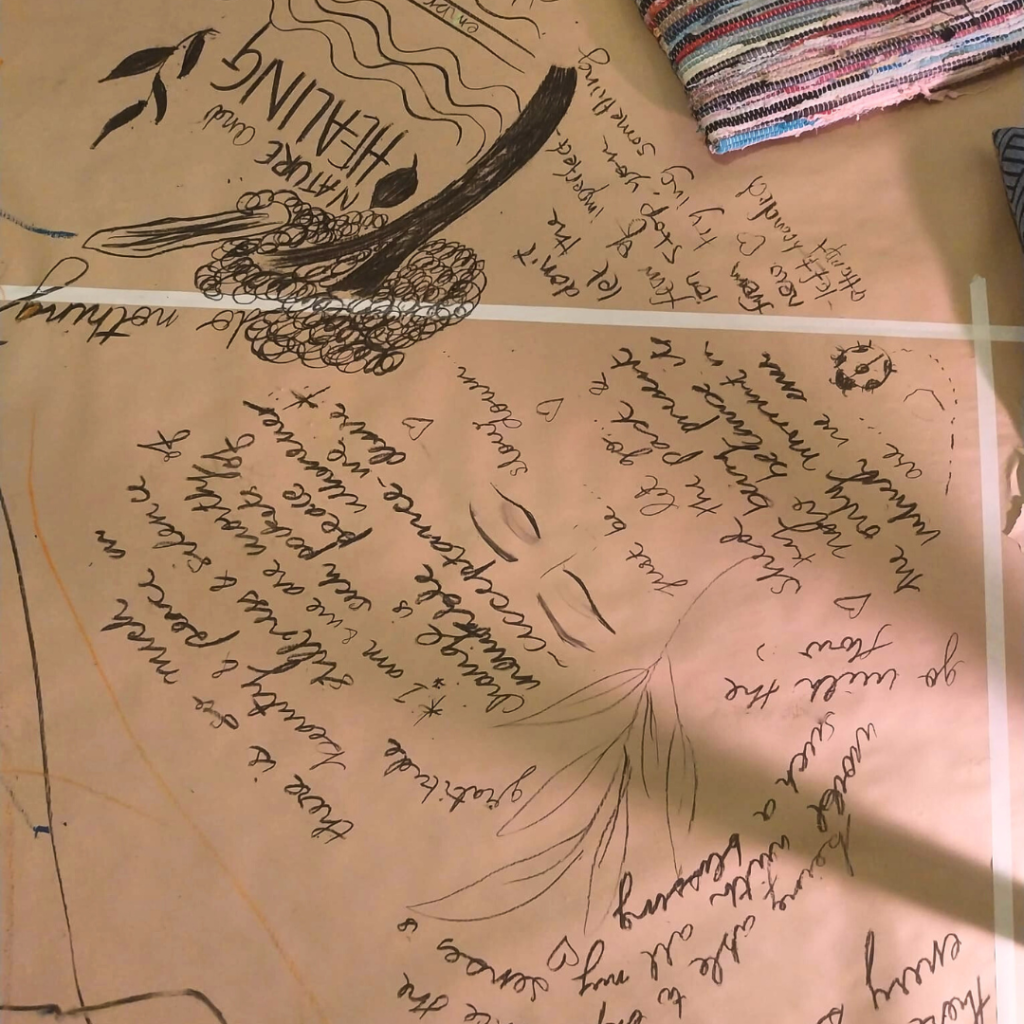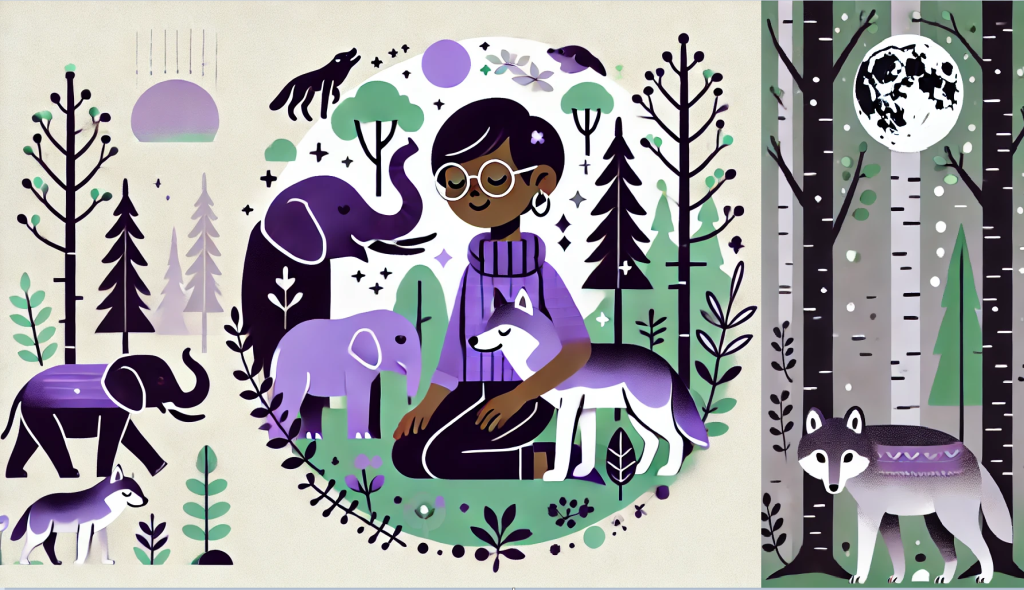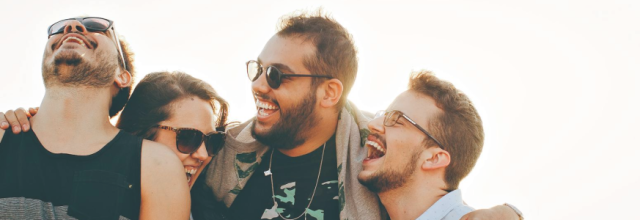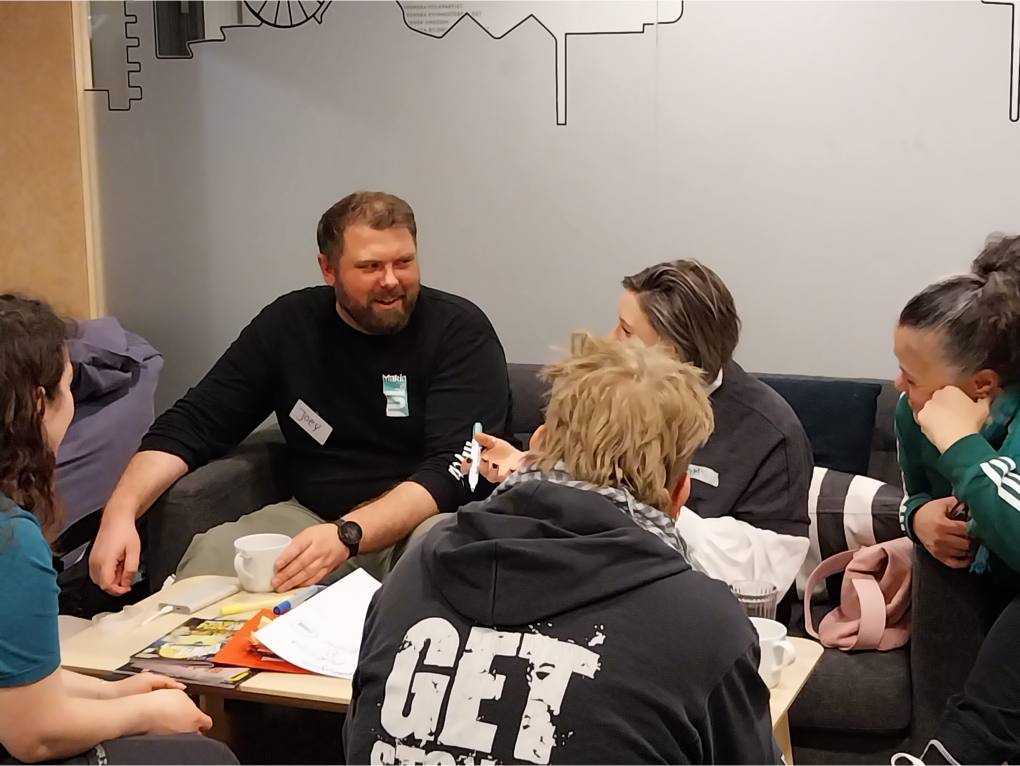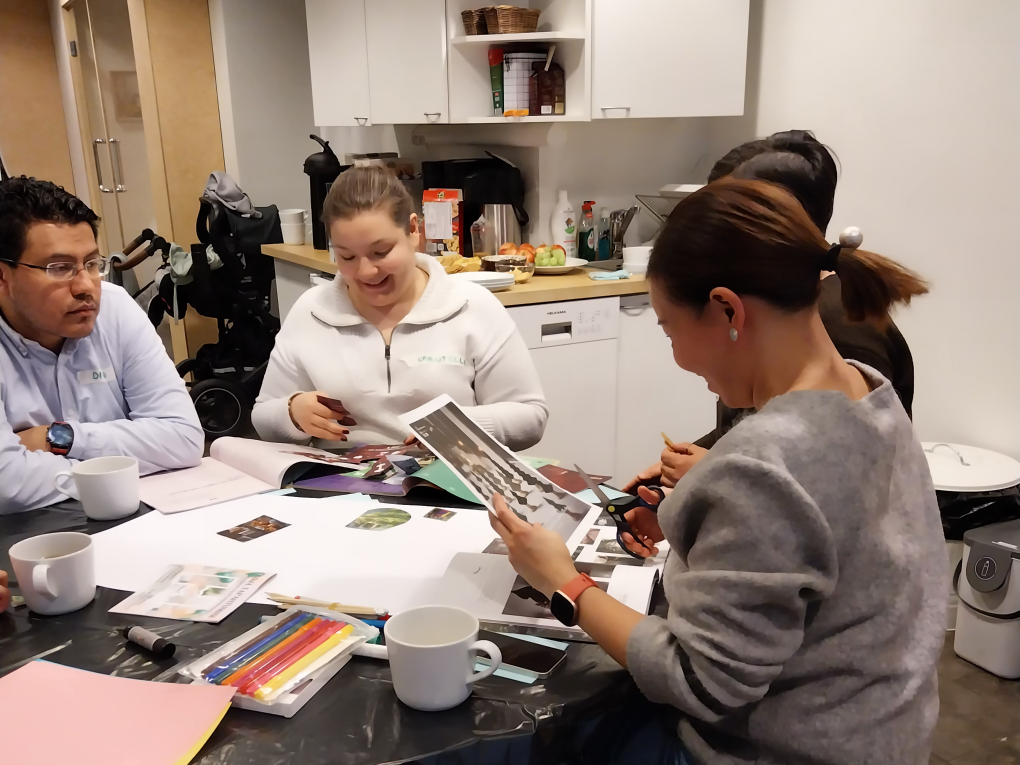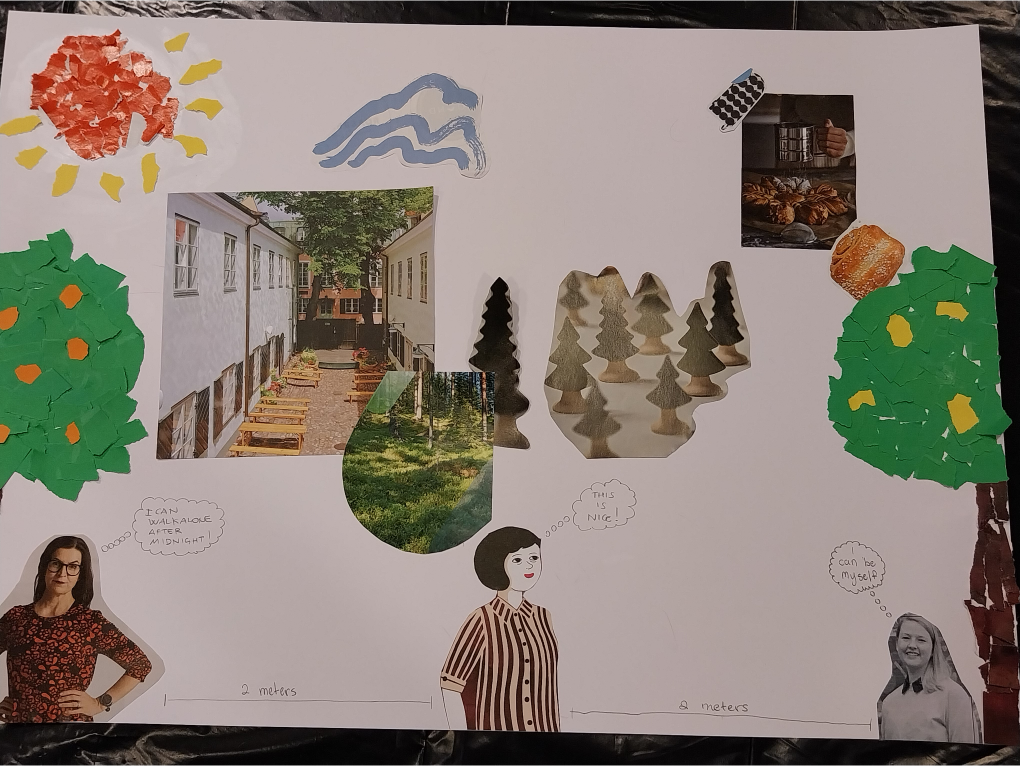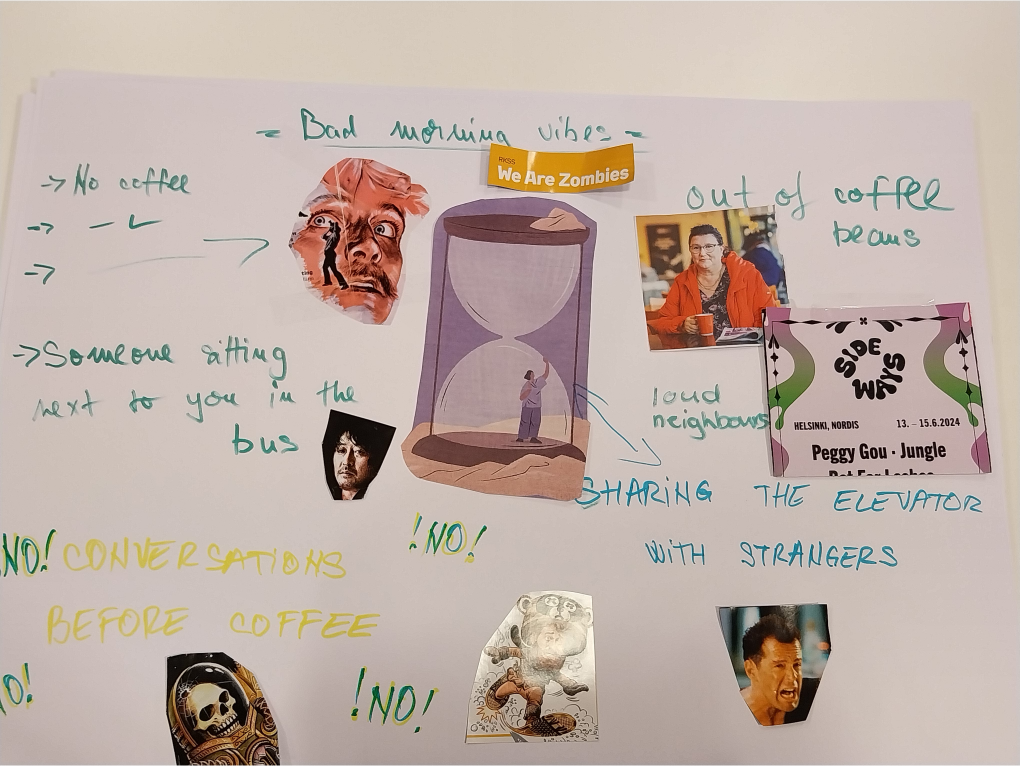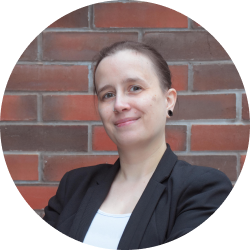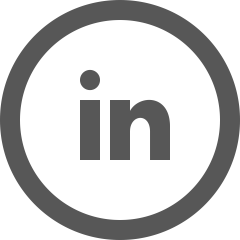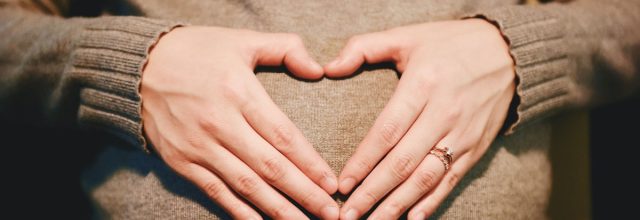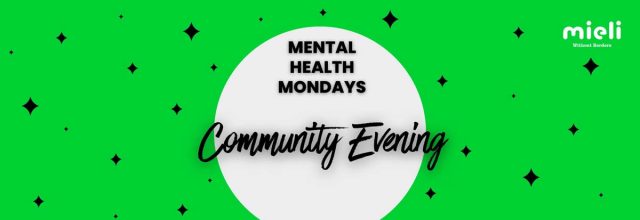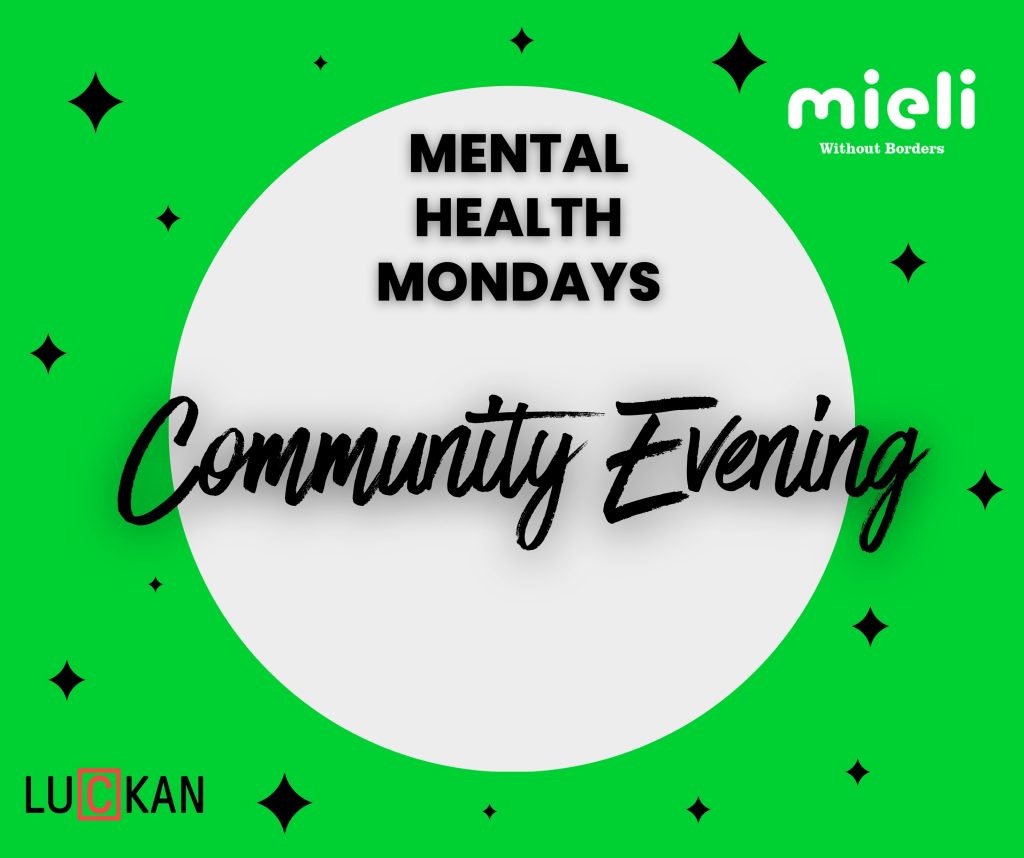Written by: Tadeja Munyui
June is Pride month a time to celebrate, remember and stand together with LGBTQIA+ communities around the world. But beyond the rainbow flags and parades is something deeper: a story of resilience, identity and the ongoing fight for mental wellbeing.
At MIELI Without Borders, we believe that good mental health is a basic human right and that means making space where LGBTQIA+ people feel safe, seen and supported.
A Brief History of Pride
Pride began as a protest. The modern LGBTQIA+ movement took off after the Stonewall Uprising in New York City in 1969, when queer and trans people,especially Black and Brown trans women, stood up against police violence and oppression. Since then, Pride has become both a celebration and a reminder: the fight for justice and equality isn’t over.
Pride is more than visibility, it’s about belonging. It’s about saying out loud that LGBTQIA+ people deserve to live freely, safely and without shame.
Why Pride Matters for Mental Health
LGBTQIA+ people face higher rates of mental health issues, not because of who they are, but because of how they’re treated by society. Stigma, discrimination and being excluded, all take a toll.
Research shows that LGBTQIA+ people are more likely to experience depression, anxiety, and suicidal thoughts,especially if they don’t have support.Living with constant stress, like fear of rejection or harassment (what researchers call minority stress), harms mental health.
On the flip side, support, affirmation, and community help people feel stronger, safer, and less alone.Pride events give people something many don’t get anywhere else: a sense of belonging. Whether it’s marching in a parade, raising a flag or just seeing others live openly, Pride can be incredibly healing.
Marching Together at Helsinki Pride 2025
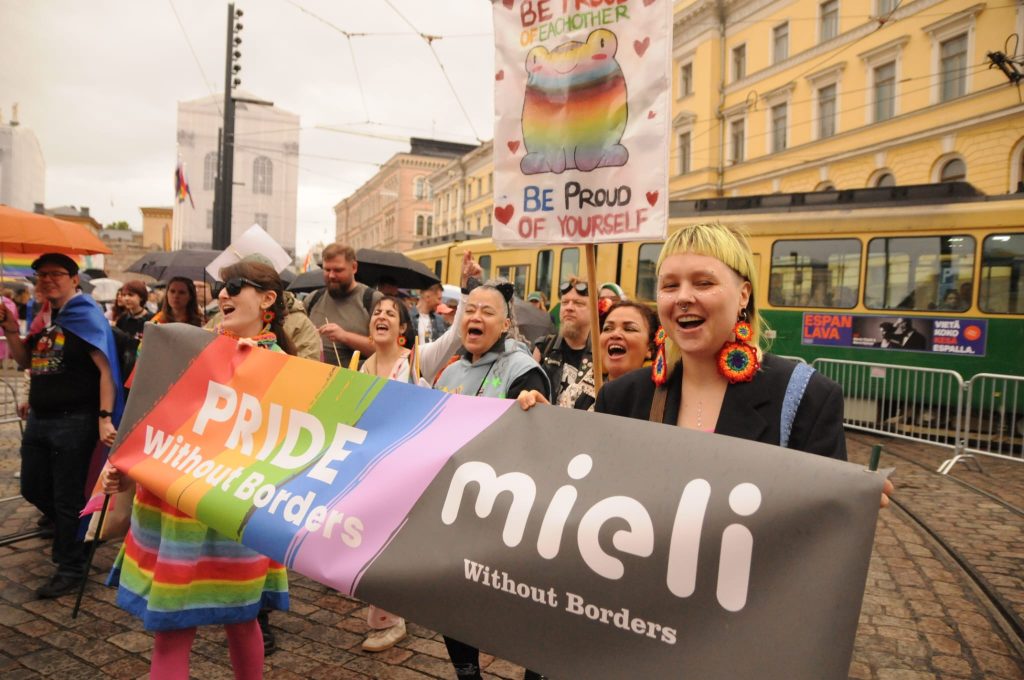
MIELI Without Borders is proud to have taken part in Helsinki Pride Parade on Saturday, June 28th – joining LGBTQIA+ communities and allies in celebration and solidarity.
We march to celebrate diversity. We march to support the mental health of all and prevent social exclusion trough community.
What We Believe
At MIELI Without Borders, we believe that mental health support must be truly inclusive. Everyone, regardless of their gender identity, sexual orientation, cultural background, or immigration status, deserves access to care that is respectful, affirming and safe.
We recognize that LGBTQIA+ rights are human rights, and advocating for mental health is part of that fight. When people are denied dignity, safety or belonging, their wellbeing suffers – and that’s something we can and must change.
That’s why we aim to destigmatize and spread awareness about migrant mental health through inclusive community action. We’re committed to creating spaces where people don’t just survive – they can truly thrive.
Standing with Pride
Pride isn’t just a party. It’s a message: You matter. You belong. You are not alone.
This Pride month and every day after – MIELI Without Borders stands with LGBTQIA+ people everywhere. Join us at Helsinki Pride 2025 and help us build a world where everyone can live, love, and thrive with Pride Without Borders.
Need support? We’re here. Let’s build something better, together.

